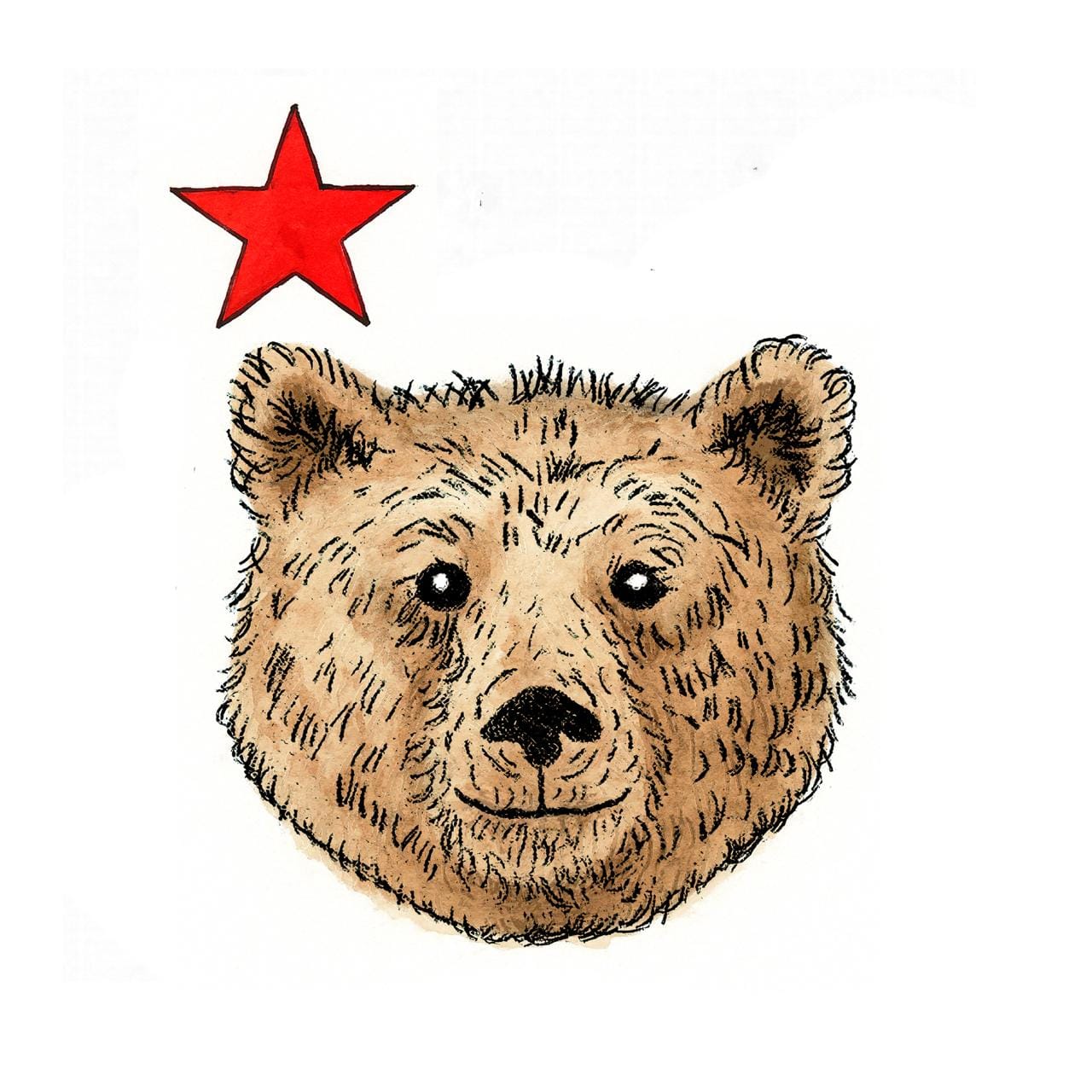Why I Find It Hard to Write About Being a Widow
Why is it so hard to write about being a widow? My story has no redemptive arc. No community rallied, no family came together, no strength was discovered. Just sudden loss and ongoing adaptation without resolution. These are the widowhood stories we don't want to hear but need to tell.

I have listened to the Moth podcast for years. I fantasize about getting up on the Moth stage and telling a story. I try to map out the narrative arc and how I'd capture the audience's attention. The story I want to tell would start with a dramatic moment because it is about the sudden and unexpected passing of my husband. But then I get to the mid-point and I realize that I have neither a narrative nor a conclusion. I don't have a widowhood narrative that people want to hear.
Despite my concernst, I went to May's live Moth event in San Francisco. I put my name in the ring to tell a story, but I wasn't called and I left during intermission. Sitting there confirmed what I already knew: stories about grief and tragedy need satisfying arcs with redemptive endings. People need to emerge broken but stronger, stricken but with a new lease on life. My story, and many other widows' stories, don't work that way.
I don't have an arc about how my husband and I prepared for his passing and how peaceful he looked during his final breaths. I don't know his final words or if he had any. I don't have a story about how we realized how precious time was. I found my husband dead from an undiagnosed health condition. One moment he was there, the next he was dead. There was no preparation, no goodbye, no final moments together.
Over the past two years, I have found there is only one acceptable type of story about what happens after a spouse dies. People want to hear about how communities rallied around the widow. The family that papers over old differences, comes together, and heals. The moment the widow climbs a mountain and realizes they're stronger than they ever knew possible.
These stories follow predictable patterns because they protect us from contemplating what loss might actually be like. It is impossible to live with someone and not imagine what life might look like without them one day. Therefore, these are not cautionary tales but rather fairy tales we tell each other to ward away the darkness.
My experience does not follow this framework and has few features that can be turned into an emotionally harrowing if redeeming story. When I found my husband, I ran up and down the block in front of my house screaming at the top of my lungs while I waited for paramedics to arrive. The same block my husband and I lived on together for over a decade. I am certain my neighbors heard me, but not one did so much as knock on my door afterward. No one in my family so much as sent a condolence card. My father came to visit me but made us split the bills whenever we ate in a restaurant.
The practical details of sudden death don't follow any narrative logic either. My husband's autopsy results arrived on my birthday. A friend was kind enough to read through them for me so I didn't have to. Apparently the universe has a funny sense of narrative timing.
These details are unique to my story, but the theme is not unique to the experience of widowhood. I spend a lot of time lurking on r/widowers on Reddit, where so many people share stories of their entire lives disappearing, usually framed with "is this normal?" Friends who stop calling, families who become distant, social circles that cut the widow out because the widow's mere presence makes people uncomfortable. In the real world, isolation isn't the exception.
This gap between what people want to hear and what the actual experience is like is why I find it extremely difficult to write about being a widow. It's far easier to write about Trump's tariff policies or the latest AI news than it is to write about my own life. My reality doesn't match what people want to hear and I have no uplifting conclusion to offer them. There is no neat bow I can tie my grief into that resolves the narrative tension.
But with your indulgence, I am trying to find the courage to write more and synthesize what is a very real experience. The unfortunate truth is that many of us will become widows in our lives and most of our lived experiences are not going to resolve neatly. When it makes sense, I am going to try to share more about the unresolved narratives because I think they serve us widows better than the heroic ones do.
The truth is that widowhood operates in inverse from good storytelling. There is nothing but tension, and in many cases, no hidden heroes to pull out. It's just ongoing adaptation and small insights without redemptive arcs.
I still buy Sensodyne even though I don't have sensitive teeth. It's what he liked and it's all I've bought for over a decade. Some mornings I stand in the pharmacy aisle, overwhelmed by the choices, and walk away with the same tube as always. I don't even know what kind of toothpaste I actually want.





